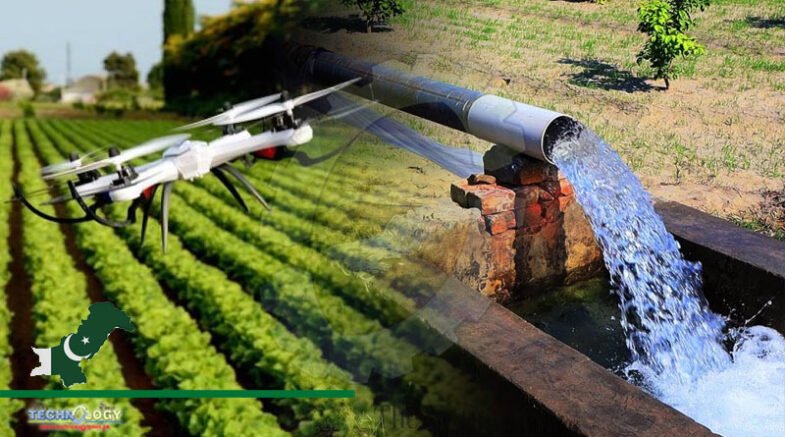The federal government regulates food imports into Pakistan, while provincial and municipal governments regulate food safety standards for domestic food trade.

Maintaining the economic viability of Pakistan’s agriculture sector remains difficult due to a lack of a coherent sanitary and phytosanitary regulatory framework and harmonised food safety laws, outdated animal and plant health laws, poor supply chain management, and a heavy focus on end-product food safety testing (ADB), according to the Asian Development Bank.
According to the bank’s most recent report, “Strengthening food safety systems in Central Asia Regional Economic Cooperation member countries: current status, framework, and forward strategies,” Pakistan’s food safety system lacks a supra-ministerial advisory board to coordinate activities among concerned agencies, making food safety governance cumbersome and complex and frequently failing to facilitate trade and protect public health.
There are more than a dozen federal and provincial food laws in the country, and many of them do not address current food safety issues. Despite numerous food safety regulations, a significant proportion of agro-food products produced in Pakistan do not meet animal and plant health and food safety standards, frequently due to high chemical and pesticide residues.
The federal government regulates food imports into Pakistan, while provincial and municipal governments regulate food safety standards for domestic food trade.
Municipal governments enact separate laws to regulate food safety, but they do not address consumer concerns about adequate food safety in retail outlets. When existing regulations do not apply to a product, officials will usually follow Codex guidelines.
In each tier of Pakistan’s three-tiered food safety system, several ministries and agencies intervene. Plant and animal health, food safety regulations, and seed certification are all the responsibility of the Ministry of National Food Security and Research (MNFSR).
The Ministry of Science and Technology is the agency in charge of food safety. It establishes food contamination limits based on Codex Alimentations or other international food standards. The Marine Fisheries Department is overseen by the Ministry of Ports and Shipping to ensure the food safety of fish and fisheries products.
The Pakistan Standards and Quality Control Authority (PSQCA) is a member of the ISO and is the apex body for formulating or adopting international standards. Domestic manufacturers and exporters must be registered with the PSQCA.
Pakistan has a sufficient number of laboratories for food safety monitoring and regulation, some of which have modest to adequate equipment and human resources capacity. Approximately 200 laboratories are involved in various microbiological and chemical contaminant tests of food hazards. More than 100 laboratories are accredited under the ISO-17025 system and have reference laboratory status.
Laboratories in the public sector are overseen by their respective ministries. Pakistan has a National Physical Standards Testing Laboratory, a designated calibration laboratory accredited by the Pakistan National Accreditation Council ISO-17043.
Various food-borne diseases, including various forms of hepatitis, typhoid, animal contact diseases, influenza, and aerosolized dust, as well as soil contact diseases, are quite common in Pakistan, according to the report.
